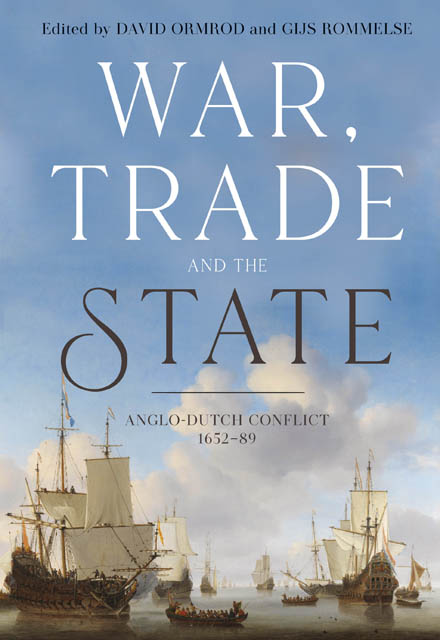11 - Arguing over empire: international law and Anglo-Dutch rivalry in the Banda Islands, 1616–67
Published online by Cambridge University Press: 18 January 2023
Summary
As legal scholars are well aware, modern international law is still informed by the claims-making of former European colonial states, including the chartered companies of the early modern period. The international legal order attaches great significance to written treaties and contracts, frequently at the expense of other forms of negotiation and agreement. Historians have now entered the debate about the role of written texts in European expansion abroad. Particularly important are two recent edited volumes from Saliha Belmessous which examine whether treaties between Europeans and indigenous populations can be read as alternatives to conquest and war, providing a means by which native peoples sought to turn the tide of Western imperialism and colonialism – the case made by Belmessous, Andrew Fitzmaurice and Craig Yirush. Another contributor, Tamar Herzog, sounds a critical note. In her view, Spanish and Portuguese treaties with native peoples were little more than ‘instruments of containment’, aimed at realizing ‘the subjection of all things indigenous’.
What was the role of treaties in Dutch expansion overseas? Mark Meuwese convincingly argues that Dutch expansion overseas could not have occurred without native cooperation in one form or another. Yet Meuwese also realizes that alliances with indigenous populations were marriages of convenience, quickly dissolved if and when it suited the Dutch. Adam Clulow discusses native legal resistance against the VOC, showing that the inhabitants of the Banda Islands used treaty texts and indigenous ceremonies to manipulate the representatives of the English East India Company (EIC) into supporting them against the Dutch East India Company (VOC). Clulow recognizes, however, that both chartered companies put their own spin on treaty texts and indigenous ceremonies, which they routinely over-interpreted to serve their own interests.
A slightly different approach is taken in this essay. My focus is on the written documents that connected the negotiating tables in London and The Hague with the furthest reaches of empire. Such far-flung European communication networks played a far more important role in Anglo-Dutch imperial rivalry than any indigenous ceremony ever could. The peace negotiations that ended the Anglo-Dutch naval wars of the seventeenth century included extensive discussions about the parties’ claims to various parts of the globe.
- Type
- Chapter
- Information
- War, Trade and the StateAnglo-Dutch Conflict, 1652-89, pp. 248 - 270Publisher: Boydell & BrewerPrint publication year: 2020

